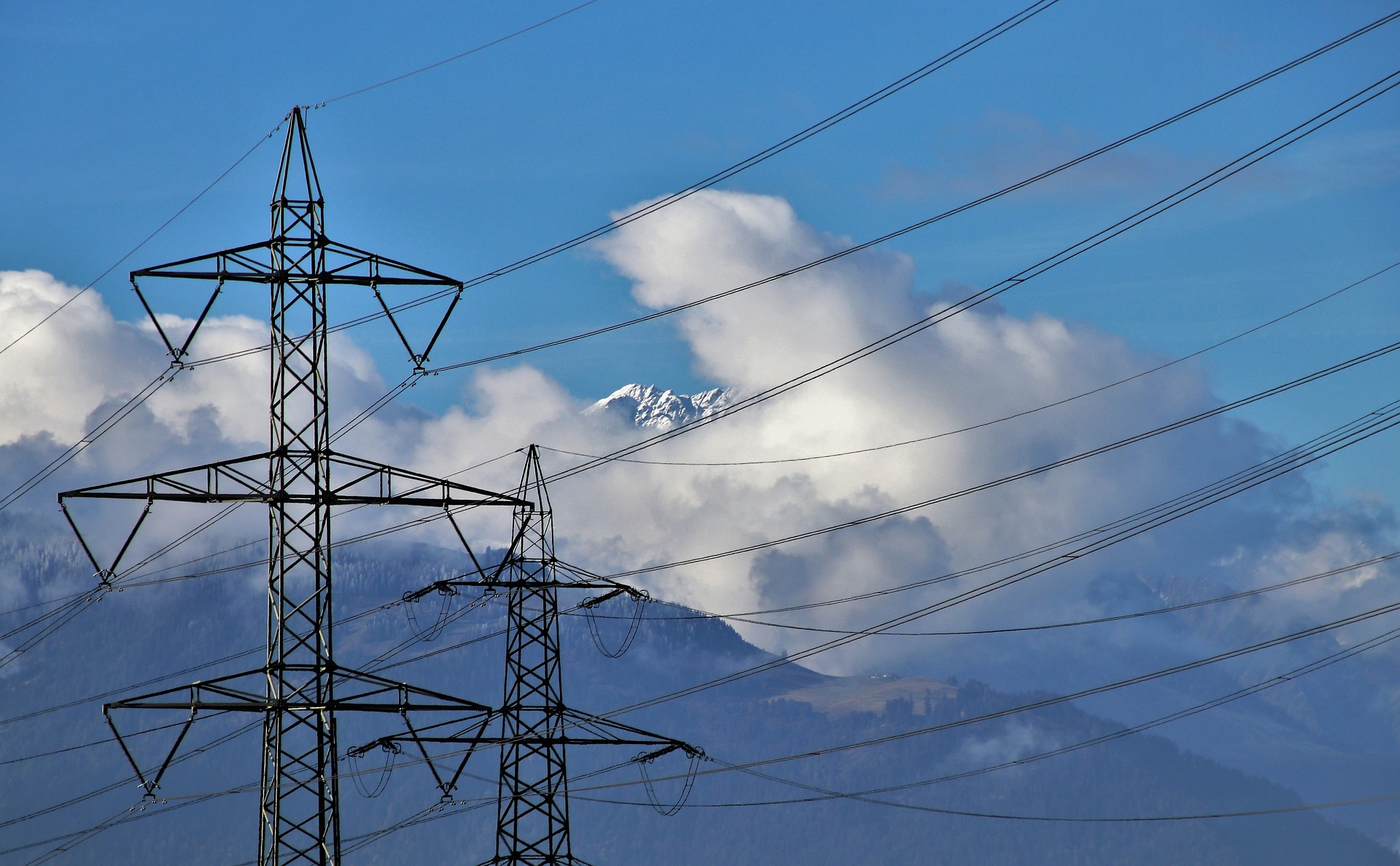Energy systems in Europe are undergoing a fundamental transformation. As fossil fuels are increasingly phased out, renewables and energy efficiency will become the backbones of the new energy system. As early as 2030, 55% of the electricity being generated in Europe will come from renewables.
While this transition will help to mitigate global warming, it also makes economic sense. The cost of wind power and solar PV has dropped significantly in recent decades, and further cost reductions are anticipated. Power systems in Southeast Europe (SEE), being largely dependent on lignite-fired electricity, will also undergo dramatic change. By 2030, renewables will be responsible for some 50% of power output in SEE, with wind and solar accounting for two-thirds of this generation.
As wind and solar are weather-dependent, their production patterns are variable. Power systems will have to cope with this variable generation by becoming much more flexible. Moreover, in order to ensure security of supply at the lowest possible cost, stronger physical integration of power systems and regional cooperation will be key.
To better understand the issues at stake, we have commissioned experts from REKK to examine potential developments up to 2030 in SEE: What kinds of flexibility requirements arise from the projected growth of wind and PV? To what extent can further power market integration within SEE and beyond help to meet this challenge? And will power systems still possess sufficient reserve margins to guarantee security of supply in critical situations?
REKK Foundation (2019): “The Southeast European power system in 2030: Flexibility challenges and benefits from regional integration” Analysis on behalf of Agora Energiewende (www.agora-energiewende.de) can be downloaded from HERE.




